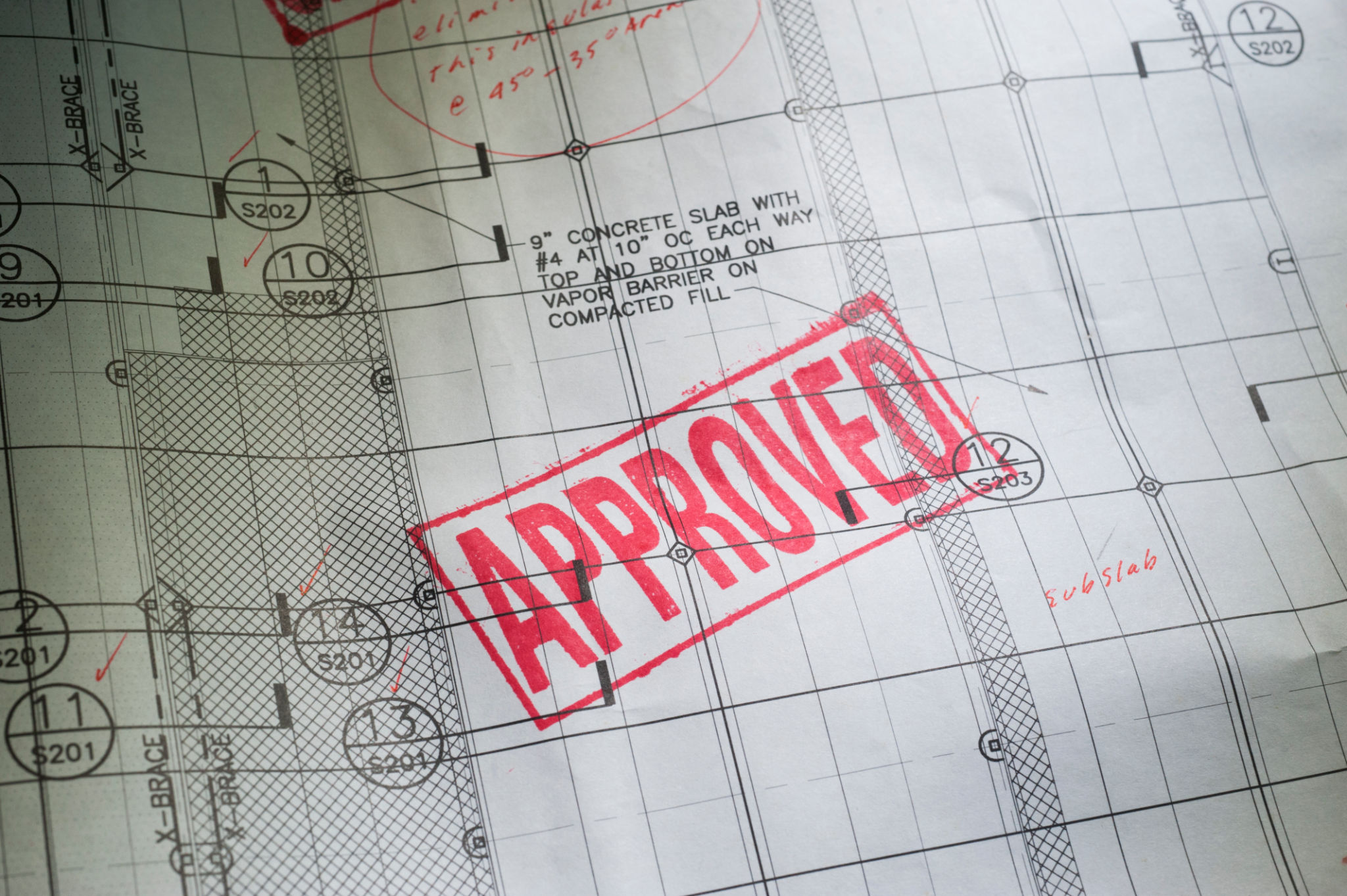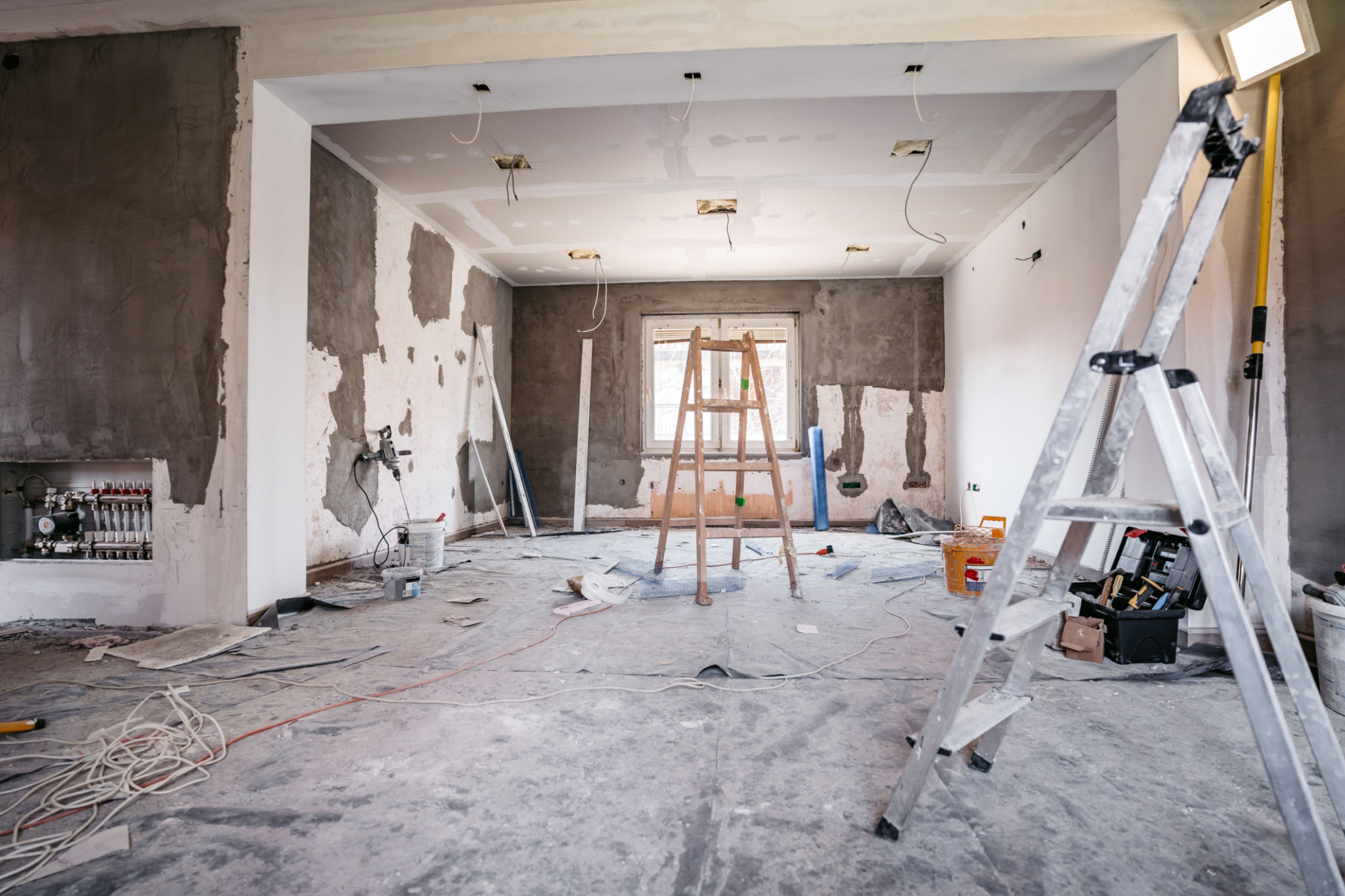Understanding Local Regulations for Property Renovations
Understanding the Importance of Local Regulations
When planning a property renovation, one of the most critical steps is understanding and adhering to local regulations. These rules, often called building codes or zoning laws, are put in place to ensure the safety, functionality, and legality of your construction project. Failing to comply can lead to significant delays, fines, or even the need to undo completed work.
Local regulations can vary widely from one area to another, and they cover a range of elements from structural integrity to aesthetic considerations. Being aware of these rules early in your planning process can save you time and money.

Researching Local Building Codes
The first step in navigating local regulations is conducting thorough research on the specific building codes applicable to your area. These codes are usually available through your city or county's building department. It's important to understand that these rules can differ not only by state but also by municipality, so local investigation is crucial.
When researching, pay attention to aspects such as permissible building heights, setback requirements, and specific materials that are allowed or prohibited. Additionally, some areas may have historical preservation laws that could impact how you renovate a property.
The Role of Permits in Renovations
Obtaining the necessary permits is a fundamental aspect of complying with local regulations. Permits serve as an official approval from your local government, allowing you to proceed with your renovation project. They ensure that all work meets the established safety and quality standards.
The types of permits required can vary depending on the scope of your project. Common permits include electrical, plumbing, and structural permits. It's advisable to consult with a professional or contact your local permitting office to determine what specific approvals are needed for your renovation.

Working with Professionals
Engaging with professionals such as architects, contractors, or consultants can be incredibly beneficial when navigating local regulations. These experts are typically well-versed in the local codes and can assist you in ensuring that your renovation plans comply with all necessary rules.
Professionals can also help streamline the permit application process by ensuring that all documentation is correctly prepared and submitted. Their experience can be invaluable in avoiding common pitfalls and ensuring a smooth progression of your renovation project.
Common Challenges in Compliance
Despite careful planning, homeowners often encounter challenges when dealing with local regulations. One common issue is unexpected changes in local laws that can affect ongoing projects. Keeping abreast of any updates or amendments to local building codes is essential.
Another challenge can be interpreting complex legal language found in building codes. In such cases, seeking clarification from local authorities or legal professionals can prevent misunderstandings and ensure compliance.

Finalizing Your Renovation Plans
Once you've navigated the intricacies of local regulations, it's time to finalize your renovation plans. Make sure that all aspects of your project align with the permits obtained and comply with the local building codes. Regularly consulting with professionals throughout the project can help maintain compliance as work progresses.
Remember that adherence to local regulations is not just about avoiding penalties; it's about ensuring the safety and longevity of your renovation efforts. By respecting these rules, you contribute to maintaining community standards and safeguarding your investment.